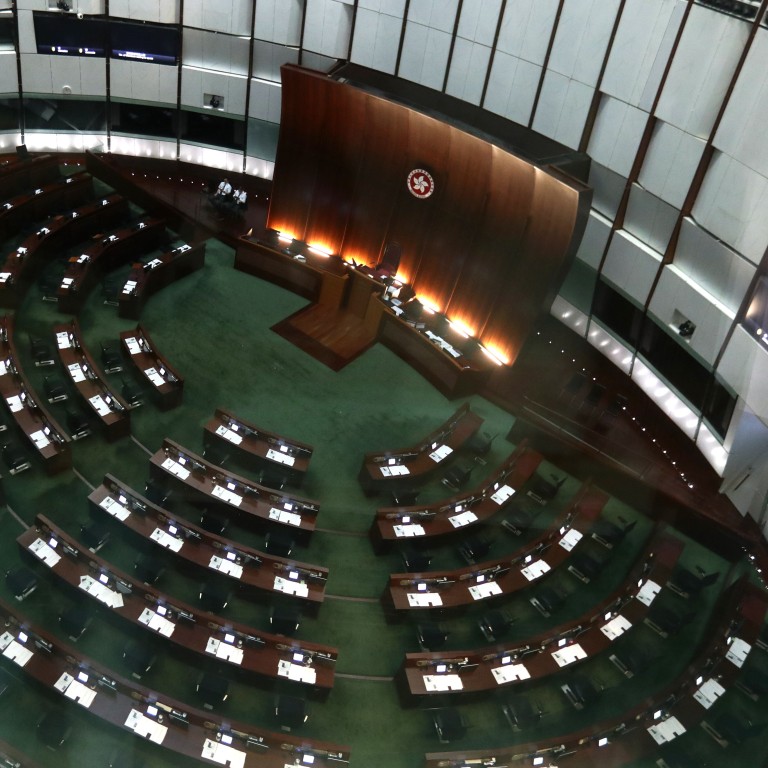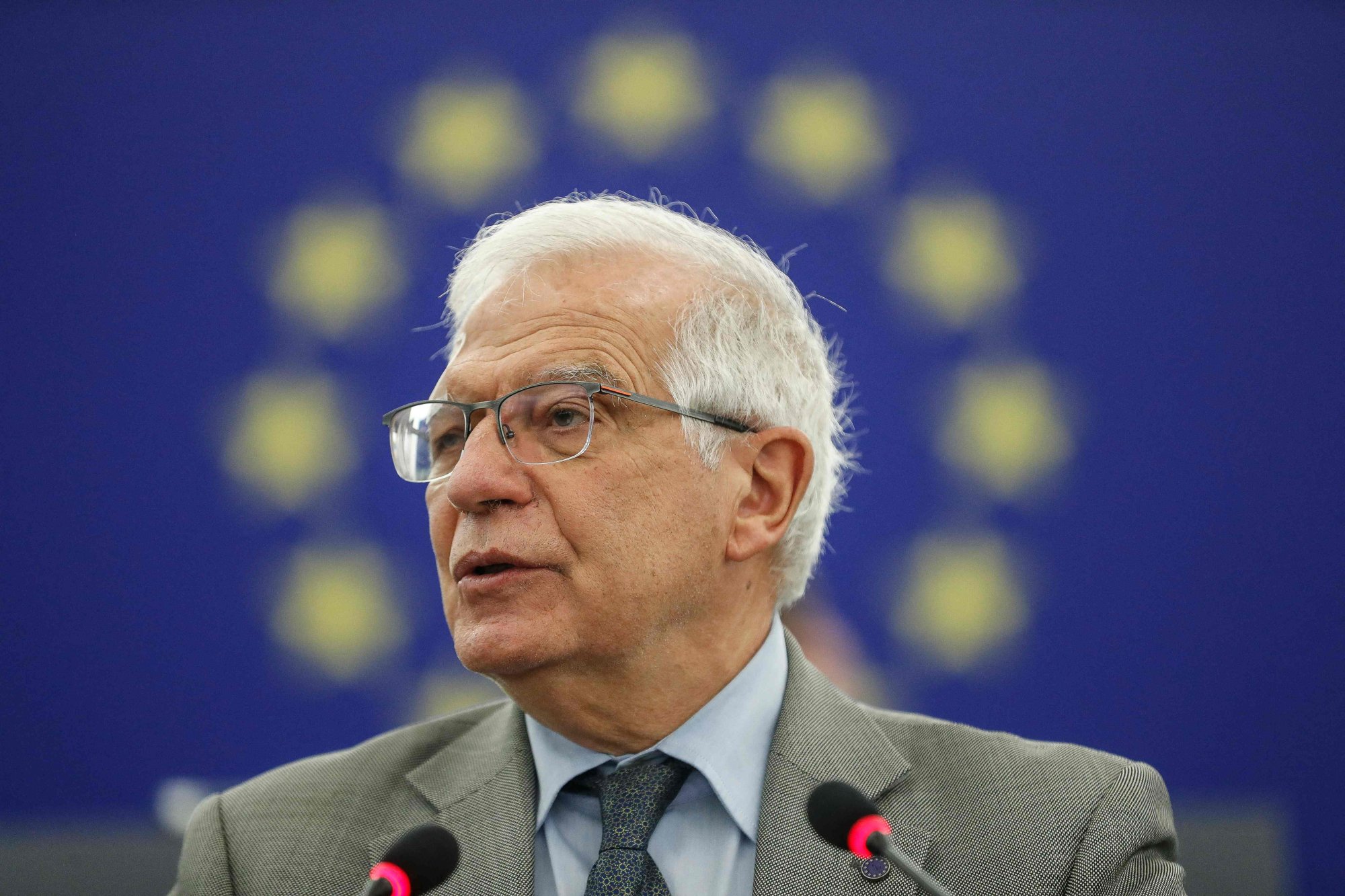
Hong Kong electoral changes: government hits back at ‘unfounded’ accusations by EU that Beijing breaching treaty commitments
- European Union is using Hong Kong issues as pretext to attack the Asian giant, government says in defence of political system overhaul
- Rebuke comes after EU foreign affairs chief Josep Borrell said the reforms and national security law ran counter to obligations enshrined in Sino-British Joint Declaration

EU foreign affairs chief Josep Borrell said Beijing’s changes to Hong Kong over the past year “contradict China’s international commitments under the [declaration] … and have a negative impact on the EU’s legitimate expectations and interests”.
The declaration that Britain and Beijing signed in 1984 laid the groundwork for the city’s handover from the colonial power to China in 1997. It stated that the basic policies regarding Hong Kong would remain unchanged for 50 years, including the promise the city would retain a high degree of autonomy.
Borrell said the EU would increase support for Hong Kong’s civil society and media, promote freedom of expression and facilitate the mobility of its residents, as well as ensure monitoring of the trials of opposition figures.
A delegation of high-level officials from the bloc would consider visiting the city given the deep concerns over the changes, he added.
What is the Sino-British Joint Declaration and what does it have to do with Hong Kong’s extradition crisis?
In response, the Hong Kong government said it firmly opposed the “misleading claims by the EU concerning the improvement to the electoral system as well as their ulterior motives”.
“We stress that the improvement to the electoral system … is both timely and necessary, as anti-China forces had created chaos in the Legislative Council, paralysed the operation of the [Hong Kong] government, and even colluded with external forces to undermine Hong Kong’s safety and interests,” a spokesman said.
“No country or government could turn a blind eye to such dangers. The government is committed to ensuring elections being conducted in a fair, just and open manner.”
The EU was attacking China “by creating issues in [Hong Kong] using the pretext of human rights, democracy and autonomy”, he claimed.
The government also challenged the bloc’s accusation that the one country, two systems formula that governed the city’s relationship with Beijing was being undermined.
Chinese President Xi Jinping had stressed the central government would “unswervingly implement the policy … and ensure that it is fully applied in Hong Kong without being bent or distorted”, he said.
What’s next after Hong Kong electoral changes? All eyes now on whether opposition parties will boycott polls
“It would be contrary to the rule of law to suggest that people of certain political backgrounds could be above the law,” he said. “The international community should fully acknowledge this fact and stop interfering in Hong Kong affairs, which are internal affairs of China.”
The Chinese mission to the EU had earlier expressed similar dissatisfaction with the bloc’s views on Hong Kong affairs.
The electoral reforms, which aim to ensure “patriots” govern Hong Kong, were endorsed by the National People’s Congress Standing Committee in March.

